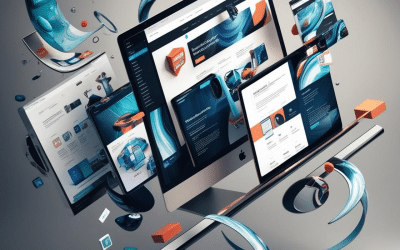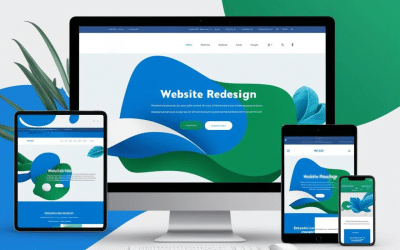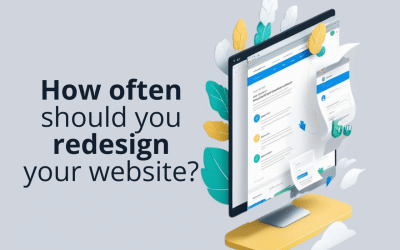If your business has been holding back on initiating a website redesign due to cost concerns, be...
Learn, Grow, and Excel in Digital Marketing!
Stay ahead with expert insights and practical tips for enhancing your website, SEO, and all things digital marketing.
All
Digital Marketing
Web Design
Inbound Marketing
SEO
Homebuilders
B2B
Lasso Up News
3 VERY GOOD Reasons for a Website Redesign
Your company website is more than just an online presence—it’s a critical tool for your business’s...
Website Redesign Questions to Ask to See If Your Company Website is Outdated
If your website were a person, would it still be rocking...
How Often Should You Redesign Your Website?
The simplest answer to how often you should redesign your website is this: as often as it needs...
5 Web Design Principles to Follow for Success
If you’re thinking about approaching a new website design project for your company, it’s hard to...
What Is Growth Driven Web Design?
Your website is your most important sales tool and the cornerstone of all your marketing efforts....
Web Design Styles and Visual Hierarchy
Nothing in web design should happen by accident. To put that another way, every web design choice...
7 Great Resources for Website Design Inspiration
Find Web Design Inspiration Resources for your website redesign project. Look and feel, navigation, layout and messaging ideas.
5 Mistakes that Could Tank Your Website Redesign
One day you take a good look at your website and realize it’s seriously out of date. Its...





















